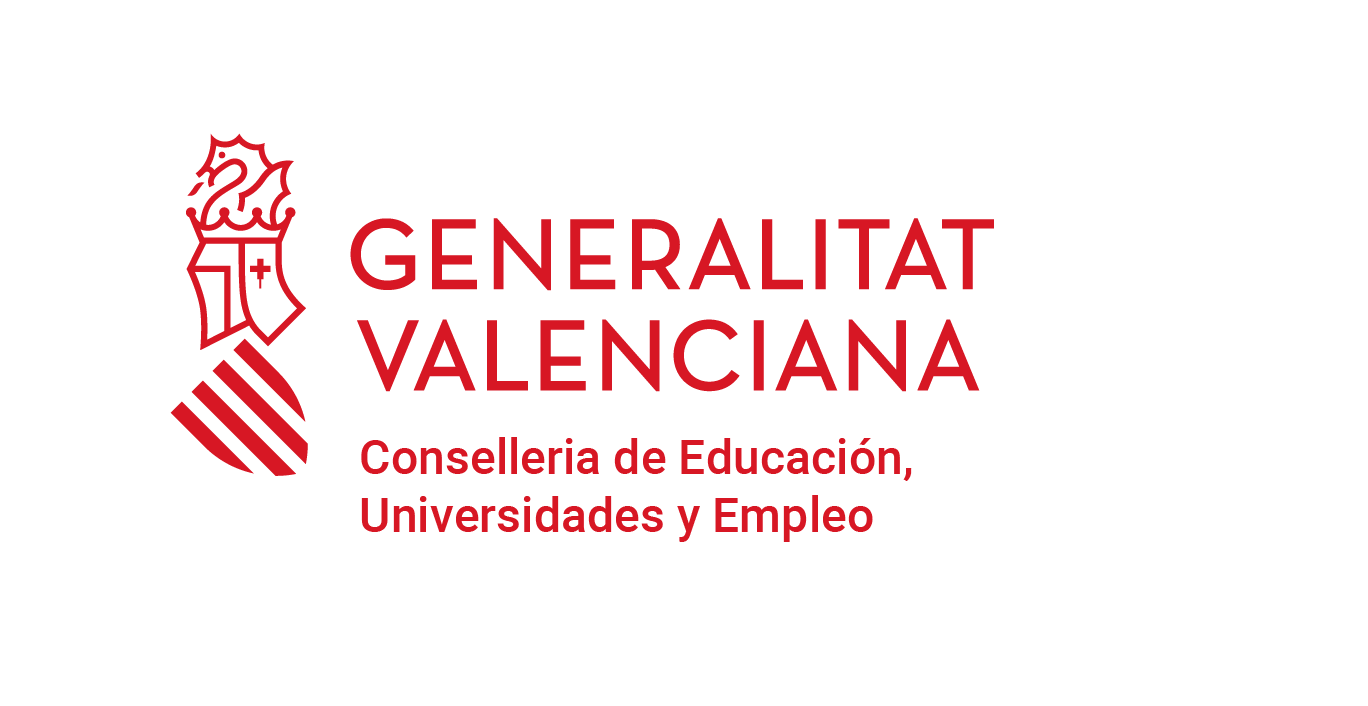The Castellón City Council participates in the European Pioneer Cities Programme within the Climate-KIC Knowledge and Innovation Communities Framework, promoted by the European Institution of Innovation and Technology (EIT), in which other European cities take part with Castellón, such as Bologna/Modena, Frankfurt, Birmingham, Wroclaw and Budapest.
As one of the Pioneer Cities Programme activities, the Castellón City Council organised the conference "Active management of energy demand: the user as the leading figure” to show the situation that the Valencian Community is in, and Castellón in particular, as far as the End User’s active management of energy demand is concerned, as an example to discuss this matter; the difficulties involved, and the next challenges and aspects for future improvements and assistance.
Today’s workshop has been divided into three work blocks, which are summarised below:
1. System Mapping: Identifying the agents involved.
Moderated by a representative of AVAESEN, IBERDROLA participated by presenting one of its projects underway in the city of Castellón. The firm Energy Sentinel also intervenes and represented the practical experience of small- and medium-sized firms. Finally, one of the winners of the 2012 edition of the Venture Progamme intervened to present its Energy Apps. Project.
2. The objective in stages: Short, Mid and Long Terms.
Moderated by a representative of the Castellón Chamber of Commerce. This section intended to provide a short-, mid- and long-term view with the intervention of a representative of the Valencian Building Institute (IVE, in Spanish), who explained a pilot scheme undertaken in a limited number of homes. Next, a representative of the Energy Efficiency Foundation of the Valencian Community explained the current status of regulations and mid-term possibilities. Finally, there was a representative of the Energy Technology Institute, who provided a long-term view.
3. Discussion.
Moderated by Juan Antonio Bertolín, the CIO/CPO of espaitec, this section intended to open up a discussion about the most relevant aspects of the former interventions in an attempt to identify the opportunities and actions to be taken and made in order to make significant advances and an impact on active management of demand.




